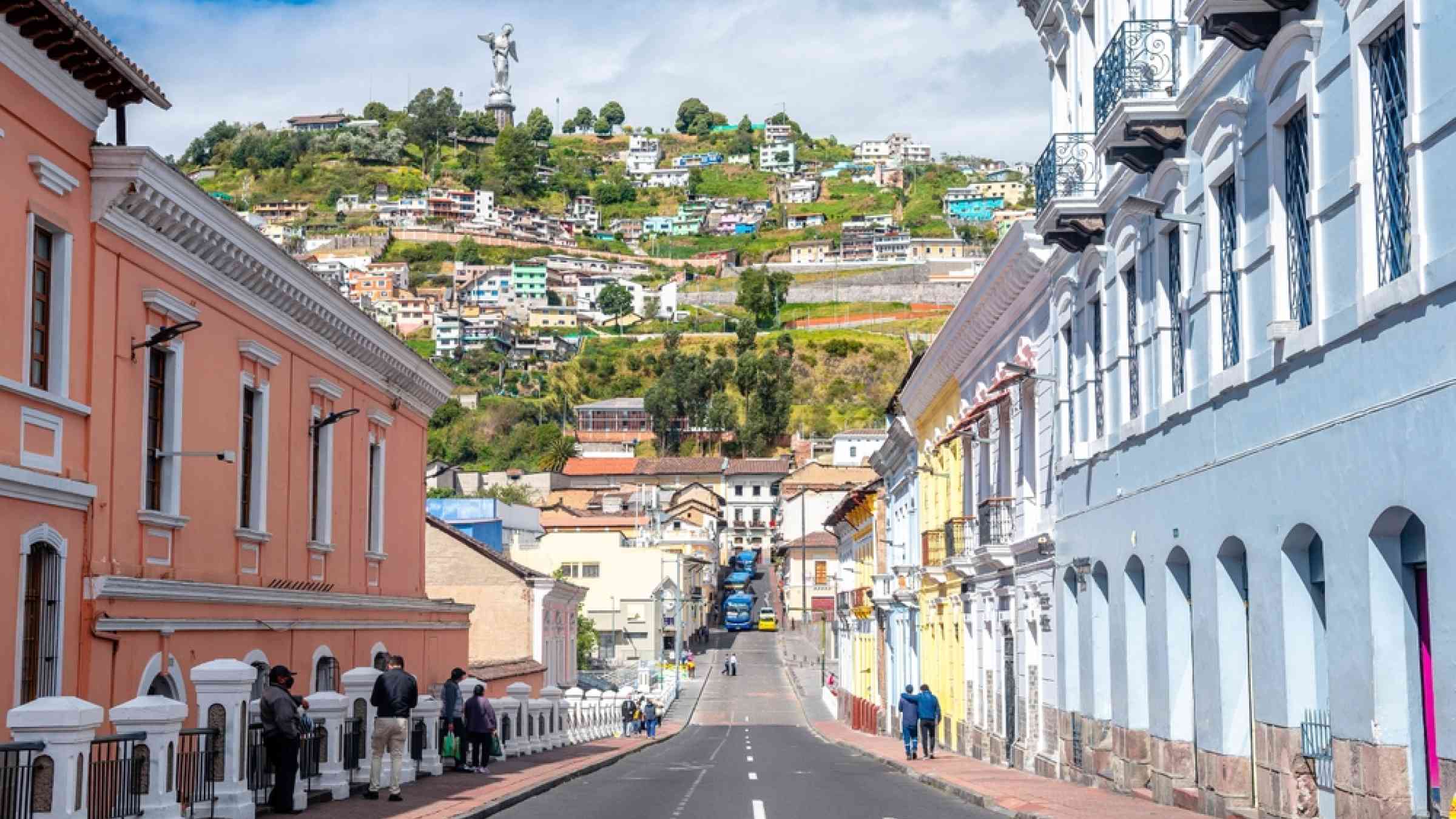Learning Lab on Making Cities Resilient 2030: Local level DRR actions
Cities and urban areas are increasingly confronting a range of challenges driven by climate change, natural hazards, and other risks posed by rapid urbanization and environmental degradation. The Making Cities Resilient 2030 (MCR2030) initiative, which now includes over 1,700 cities, supports local governments in strengthening disaster risk reduction (DRR) and climate resilience efforts, contributing directly to the achievement of Sustainable Development Goal 11, as well as other global frameworks including the Sendai Framework for Disaster Risk Reduction, the Paris Agreement and the New Urban Agenda. MCR2030 serves as a platform for sharing experiences, building capacity, and fostering innovative solutions in cities and urban areas. The initiative also aligns with the European Resilience Partnership, which aims to enhance collaboration among cities in Europe to integrate resilience strategies in urban development plans and share best practices.
Despite progress, cities and urban areas still face financial constraints, varying levels of preparedness, and regional disparities - including between Western Europe and Central Asia - which emphasize the need for tailored, localized strategies. This Learning Lab focuses on showcasing how MCR2030 is being operationalized at the local level and explores how risk reduction can be effectively institutionalized, addressing both financial and institutional barriers across regions.
This session will aim to:
- Showcase successful disaster risk reduction (DRR) and resilience-building actions at the local level through case studies from cities participating in MCR2030, emphasizing the role of partnerships.
- Foster dialogue between cities across Europe, South Caucasus, Central Asia, and other regions by exchanging best practices to suggest practical ways to tackle shared DRR challenges. Explore gaps between regions, sectors, and stakeholders to promote inclusive, multisectoral approaches to urban resilience.
- Identify actionable strategies to implement and institutionalize MCR2030, with a focus on fostering cross-sectoral collaborations.
List of speakers:
- Mr. Armen Grigoryan, UNDP Resident Representative in North Macedonia (facilitator)
- Mr. João Dinis, Office Coordinator, Cascais Ambiente - EMAC, Cascais, Portugal
- Ms. Ane Laskoska, Deputy Minister of Environment and Physical Planning, North Macedonia
- Mr. Bakhtiyar Ospanov, Senior Expert, Center for Emergency Situations and Disaster Risk Reduction (CESDRR)
Documents

Agenda
Location
Hotel Splendid